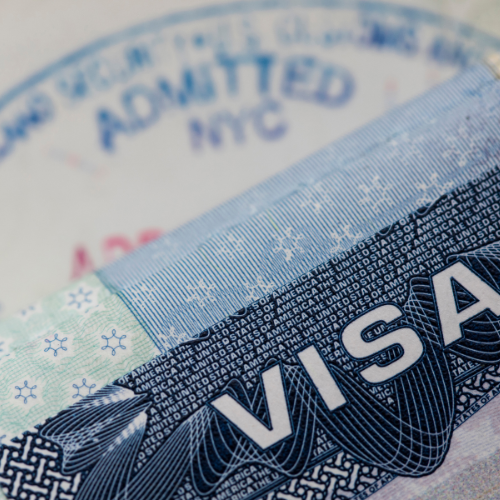
Recently, the U.S. Citizenship and Immigration Services (USCIS) released a final rule to increase immigration and naturalization fees for multiple employment-based petitions and applications, effective April 1, 2024.
Background
The USCIS last adjusted its fees in December 2016. The final rule’s fee increases will allow the USCIS to help offset overall costs. The USCIS plans to hire additional personnel to help manage the sizeable number of cases the agency receives.
Under the final rule, the new fees will not increase more than 26%, equaling the increase in the consumer price index since the 2016 fee rule. The new immigration and naturalization filing fees are as follows:
- H-1B visas—$780
- L-1 visas—$1,385
- O-1 visas—$1,055
- TN visas—$1,015
- H-2A visas—Up to $1,090
- H-2B visas—Up to $1,080
The final rule also establishes a new $600 asylum fee to be paid by all employers sponsoring temporary workers or workers filing for permanent residence visas. This fee applies anytime an employer uses Form I-129 for an initial petition, change of status or extension of stay.
While the new fees will go into effect on April 1, 2024, the USICS will accept prior additions of most forms during a grace period from April 1, 2024, through June 3, 2024. During this grace period, the USCIS will accept both previous and new editions of certain forms filed with the correct fee. However, there will be no grace period for using the new Form I-129, Form I-129 CW, Form I-140, Form I-600A and Form I-600. The USICS has released guidance to help individuals comply with the final rule.
The final rule also includes several important updates since the initial rulemaking, including the expansion of fee exemptions and reductions for certain individuals, the provision of special fee discounts for nonprofit organizations and small business employers, and the implementation of a standard $50 discount for online filers.
Contact us to see how you could minimize risk:

Operation Safe Driver Week
Operation Safe Driver Week is an annual seven-day initiative created by the CVSA to help

7/17 Panel Recap & Financial Insights
Stepping into summer 2024, the insurance landscape continues to present challenges and opportunities for businesses

Employee Spotlight: Adam Knapp
Seubert welcomes Adam Knapp to the agency’s Commercial Lines Division as a Technical Account Manager.
